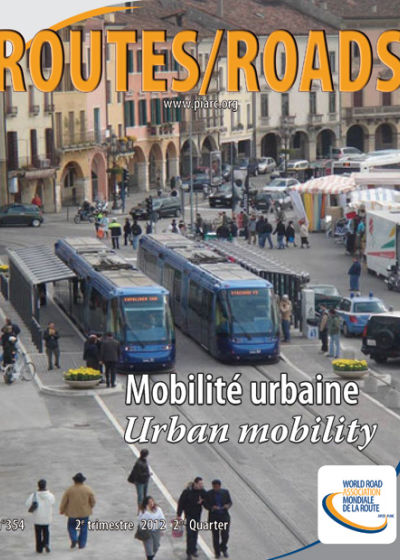BeMobility: Integrated eCarsharing in Berlin

The "urban millennium" has commenced. The worldwide population residing in urban areas has surpassed the number of people living in rural areas. With many cities confronting rapid urban growth, local transportation systems increasingly suffer from congestion, a lack of accessibility and questionable overall sustainability. New mobility products need to be developed urgently to ease the current situation and mitigate future problems. On the other hand, cities already beyond the rapid growth phase have now entered a phase of consolidation in the growth of motorised traffic. Featuring many reversal measures, this phase can also be regarded as the correctional phase of the automotive age. The main motivation for this phase is deduced from the limitation of noise and particulate matter pollution as well as the revitalisation of occupied space and avoidance of dividing urban identities. Reducing climate changing emissions has further become an increasingly important factor, now considered as the main reason for embracing sustainable policies. From the 1970s onwards, German cities have seen pedestrian zones emerging in inner-city areas, regulations have been changed to allow reduced speed zones in housing areas, and the ecologically friendly alliance between bicycle usage and public transport has gained a stronger foothold in planning and policy processes [1].
-
Information sheet
- Date: 2012
- Author(s): BOCK Benno / WOLTER Frank / SCHERF Christian
- Domain(s): Road Policies / Environment / Urban Mobility
- Type: Routes/Roads 354 - Article -
- PIARC Ref.: RR354-076
- Number of pages: 8
-
This article has been published in the Routes/Roads magazine
